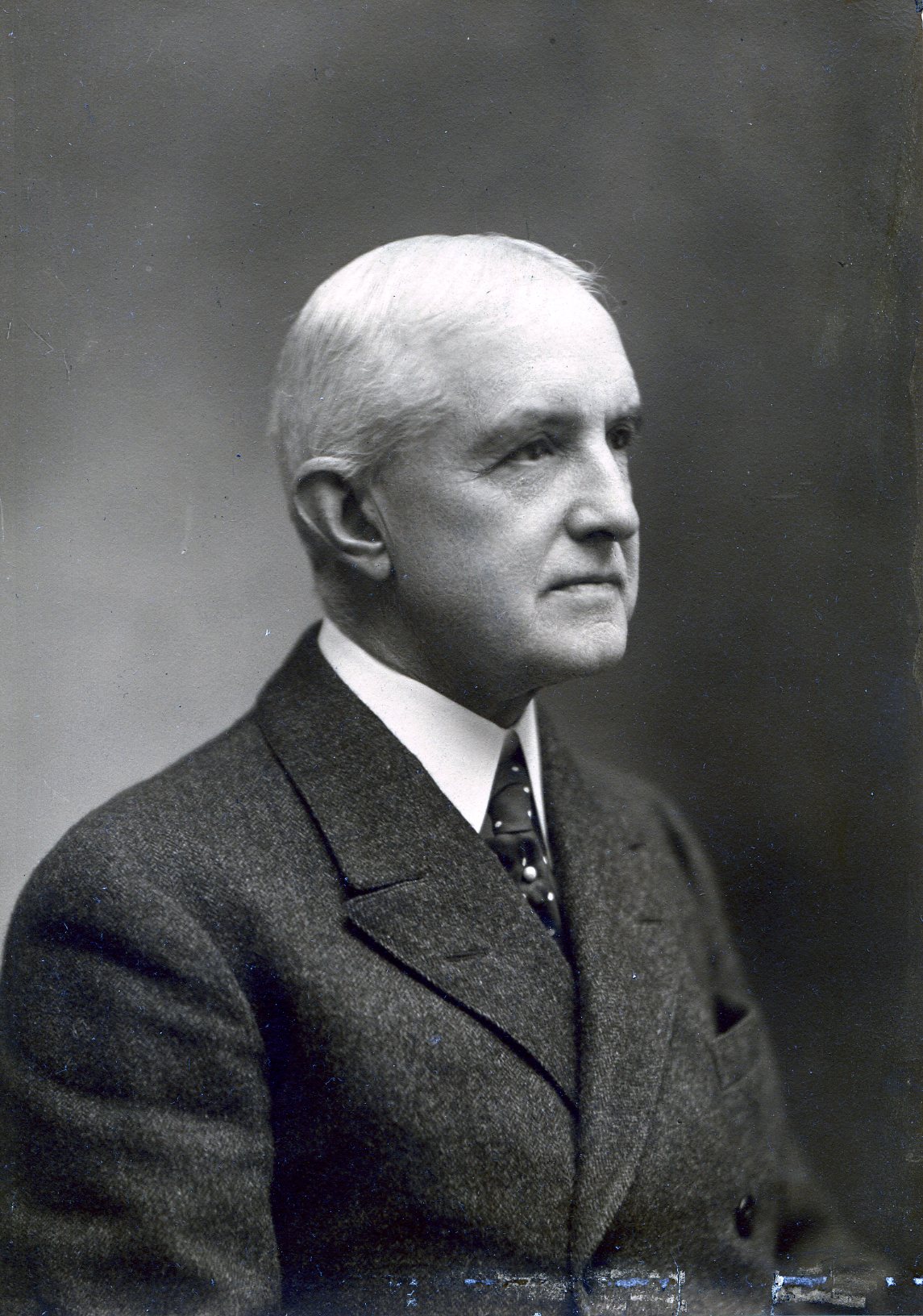Banker
Centurion, 1892–1942
Born 29 November 1859 in New York (Manhattan), New York
Died 31 March 1942 in Morristown, New Jersey
Buried Old Village Cemetery , Dedham, Massachusetts
, Dedham, Massachusetts
Proposed by William H. Draper, James J. Higginson, and Francis P. Kinnicutt
Elected 6 February 1892 at age thirty-two
Archivist’s Note: Brother of Gustav Edward Kissell
Century Memorial
The constitution of the Century says that “this Association shall be composed of authors, artists, and amateurs of letters and the fine arts.” Rudolph H. Kissel, banker, traveller, and linguist, was a perfect example of the Century “amateur,” according to the definition formulated about twenty years ago by our revered Committee on Admissions. The committee declared that “a candidate whatever his profession, should be a man of such breadth of interest and qualities of mind as would make him a sympathetic, stimulating and congenial companion in a society of authors and artists.” During the four decades since his election, Kissel was welcomed as a companion of the artists and writers who were his fellow members; and he delighted in and was proud of their companionship. He enjoyed thoroughly our art gallery exhibitions and our various festivities. A lover of music, he appreciated most of all the musical evenings at the Club, especially when his friends Damrosch and Schelling took part in the entertainment. He was one of the early students of modern dairy methods, in which he had practical experience on his own farm in Morristown, and later in connection with the Casein and Borden companies. He was for twenty years treasurer of the Samaritan Home for the Aged. Long associated with All Souls Church in Manhattan and for a time president of its board of trustees, he later transferred his allegiance to the Church of the Saviour on Brooklyn Heights, where he served as a deacon. A Centurion who was close to him writes: “I think he would like to be remembered here as one who took great pride in his membership and was fully entitled to it as an ‘amateur’ in the best interpretation of that term.”
Geoffrey Parsons
1942 Century Memorials

